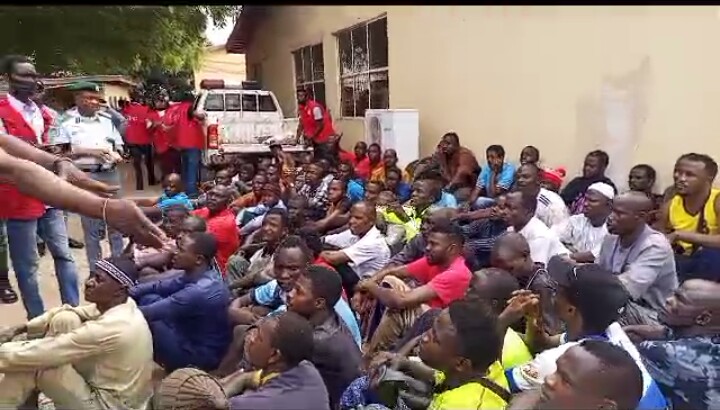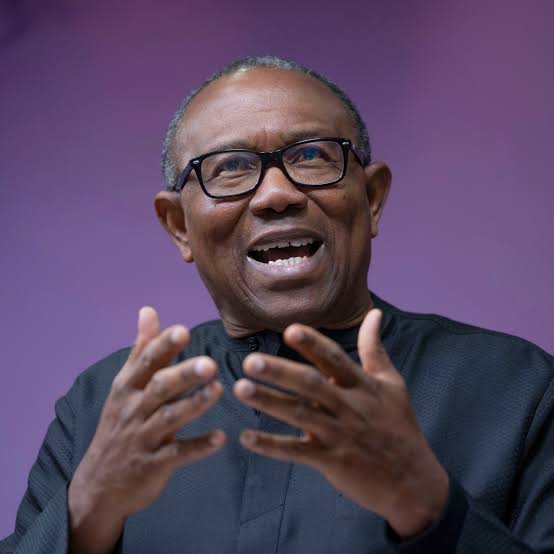
Labour Party’s presidential candidate in the 2023 elections, Peter Obi, has slammed recent government actions targeting Bureau de Change (BDC) operators in various urban centers across Nigeria.
Obi, the former Governor of Anambra State, deemed the crackdown ill-advised and misdirected, cautioning that it could exacerbate the country’s exchange rate challenges.
In a statement posted on X, Obi emphasised that BDCs are not the primary suppliers of foreign exchange (forex) and do not drive demand.
He argued that the key to strengthening the currency lies in transitioning Nigeria from a consumption-focused economy to one centered on production, particularly in export-led initiatives.
Obi also underscored the importance of combating corruption, stating that it enables unproductive funds to vie for the available supply of foreign currency. He expressed concern that targeting BDCs without addressing fundamental economic issues may further deteriorate the exchange rate situation in the country.
Obi articulated, ”The recent reported attacks and disruption of the business activities of Bureaux de Change (BDCs) operators in different urban centers across the country by Government Agencies, are ill-advised and wrongly directed.
”Rather than solve the problem, the action will further escalate and worsen the exchange rate situation in the country. The BDCs are not the primary suppliers of forex nor do they create demand. They only provide a market to sellers and buyers of foreign currency.
”They are part and parcel of every economy and can be found even in the developed economies of the world. To think that the BDCs are the cause of the declining value of the Naira is a smack on rational economic thinking.
READ ALSO: PHOTOS: EFCC Busts Currency Racketeering; Nabs 115 BDC Operators, Over N100m Seized
”The only way to shore up the value of our currency is to move the country from consumption to production, especially export-led production, and fight corruption, which allows unproductive money to pursue the available supply of foreign currency.
”As long as Nigeria remains an unproductive economy and corruption continues unfettered with people in possession of unproductive excess cash, the value of our currency will continue to depreciate.
”It’s important, therefore, that government authorities properly understand the workings of a modern economy and channel their efforts accordingly,” he advised.









Leave a Reply